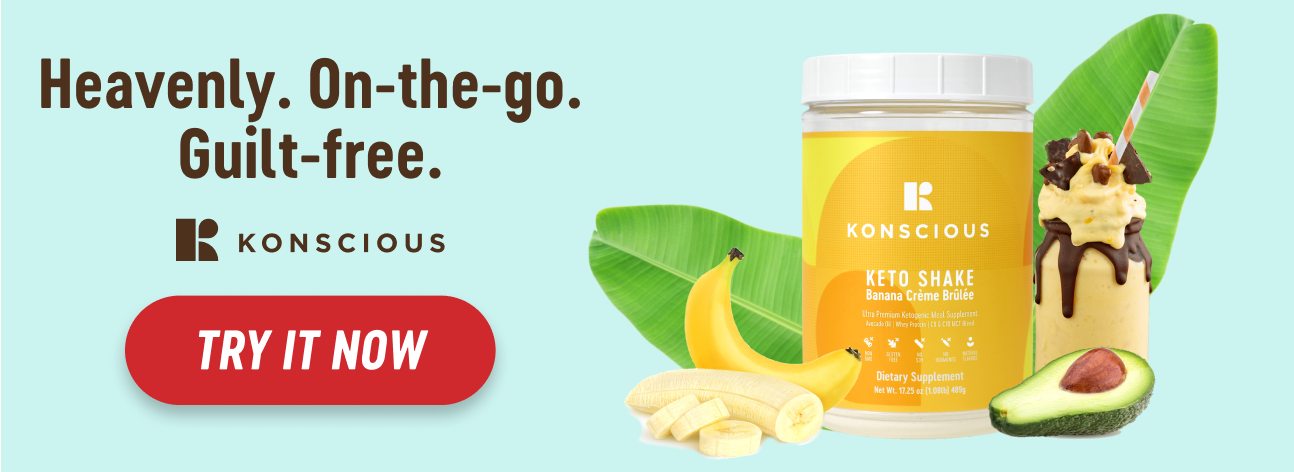7 Ways to Mitigate Menstrual Pain without Medication

Natural remedies to manage pMS
Monthly bloating, cramps and fatigue can all signify the onset of a woman’s monthly menstrual cycle––usually with ravenous cravings and mood imbalances to boot.
However, adding strategic activities and supplements to your monthly regimen can mitigate the not-so-nice symptoms of PMS that can otherwise put a damper on the week.
For starters, take time to rest, dedicate extra time to self-care, stay hydrated, and take time out to be intentional about doing things you enjoy during your period to help offset potential discomfort, while pampering sore and swollen joints to mitigate typically-experienced aches and pains.
Some may opt to incorporate medication, including birth control to manage and regulate menstrual symptoms. However, the following are natural remedies that make managing PMS an endeavor one can achieve sans medication:
#1. Get frequent exercise.
For some women, physical activity—including sex—helps reduce menstrual cramps.

Furthermore, according to research, exercise is so efficient at easing menstrual pain that it may even replace or lessen the need for painkillers. However, instead of engaging in more severe activities when on your period, moderate exercise like strolling can be helpful.
#2. Add heat.
Menstrual cramps may be relieved by taking a hot bath, applying a heating pad to the affected area, or the use of a heat patch to your lower abdomen––or any combination of these.

You might find pain relief by applying heat to your lower back and abdomen. NSAIDS and heat therapy (often a heat patch or pack) were both shown to be equally effective for treating menstruation pain in a 2018 review of trials. It might also result in fewer adverse effects.
Period cramp relief is often achieved by using a heated pad. But be careful not to sleep while using it or apply it straight to your skin. Talk to your doctor about other pain-relieving choices if heat doesn't work.
#3. Consider dietary supplements.
Your body can better absorb calcium and experience less inflammation with vitamin D. Plus, some supplements, such as omega-3, vitamin E, and magnesium, may even lessen the pain of your period by reducing inflammation.
Use supplements daily, not just when you're on your period, for optimal benefits.

The dietary items listed below may also lessen menstruation pain:
- Fish oil, which contains omega-3 fatty acids, can reduce inflammation.
- Vitamin D helps your body utilize calcium and may also lessen inflammation.
- Menstrual pain may be eased by vitamin E.
- Magnesium
#4. Eliminate stress.
Stress alters the body's hormonal pathways, which may have an impact on the hormones that regulate the menstrual cycle. Further, stress can cause periods to become irregular, more painful, or even stop them altogether.
Also, when released, cortisol and the other stress hormones like adrenaline can disrupt your digestive tract and cause cramps.

#5. Maintain a healthy weight.
Obese women who lose enough weight to achieve a healthier BMI actually reverse the elevated likelihood of suffering from excruciating cramp discomfort during menstruation.

Your menstrual cycle may also change if you are obese or overweight. One of the hormones that controls the female reproductive system, estrogen, may be produced in excess if you are carrying excess weight––potentially leading to unpredictable menstrual cycles.
#6. Exercise regularly.
According to research, exercise is so efficient at easing menstrual pain that it may even replace or lessen the need for painkillers. Instead of engaging in more severe activities when on your period, moderate exercise like strolling can be helpful.
Since it encourages the release of beta-endorphins, also known as "human morphine," exercise helps to reduce cramps. In addition to providing analgesia (pain relief), exercise also aids in burning prostaglandins—chemicals created during menstruation that cause muscles to contract—much more quickly than they would otherwise.

Exercises like walking or light jogging can be performed during lighter menstrual days. Plus, performing this type of exercise may help reduce bloating (excess water weight) and cramping pain, as exercise increases your blood circulation and releases endorphins, the feel-good hormones.
#7. Get your daily dose of vitamins for a healthy period.
The importance of managing mineral and vitamin intake during menstruation cannot be overstated. During that time of the month, magnesium and iron, among other vital nutrients, play a vital role in alleviating painful aches and cramps.

Focus on adding the following nutrients to your diet to help ease menstrual discomfort:
Magnesium: The effect of this potent mineral can ease symptoms such as cramps and mood swings that women experience during their periods.
For example, magnesium eases stomach discomfort by relaxing muscles. In turn, this relaxing effect can help regulate mood swings triggered by prolonged discomfort that occur during a menstrual cycle.
Iron: It is imperative for women who are going through their period to increase their iron intake during this time. After all, low iron levels can cause fatigue, dizziness, and headaches, which in turn can exacerbate period symptoms.
Hemoglobin, a substance found in red blood cells, contains iron. Haemoglobin transports oxygen throughout the body. Having too little can leave you feeling tired and low in energy––symptoms that are already triggered by your period.
Zinc: This mineral plays an important role in the production of hormones such as estrogen and progesterone. Periods are caused by these hormones rising each month, stimulating the ovaries.
There is also some evidence that zinc may be helpful for easing severe menstrual cramps. This may be because of the mineral's anti-inflammatory properties, although the reasons are somewhat inconclusive.
Omega 3: An inflammatory chemical called prostaglandin is responsible for many period symptoms, including cramps and headaches. Because omega 3 is anti-inflammatory, it may be helpful to counter the problem.
In addition to fish and walnuts, flax seeds, non-GMO soybeans, and flaxseed oil are all excellent sources of omega 3 fatty acids to consider.
B vitamins: Fatigue and low mood are also common symptoms of periods that can be caused by B vitamin deficiencies. A lack of B vitamins will only make the problem worse.
Furthermore, B vitamins can be lost during bleeding, so you should ensure you top up your levels through diet or, alternatively, a supplement. Although there are many excellent food-based sources of B vitamins, including marmite, sunflower seeds, macadamia nuts, tuna, eggs, and trout that you can enjoy, as well.
Summary
Most women of childbearing age experience menstruation on a monthly basis, but it doesn't mean a week of definitive bloating, cramping, and pain. It is possible to transform that time of the month from a drag to merely another set of days by implementing various best practices and ingredients.
Keep your hormones, glucose levels, and metabolism in the most optimal position possible by eating as many colorful, antioxidant-rich, fiber-rich foods as possible throughout Auntie Flo's visit and your body will surely reward you with an easier and more bearable cycle.
Resources
- Wojtyna, E. (2018). Depression, physical activity and perception of menstrual pain. https://doi.org/10.26226/morressier.5a6ef3efd462b80290b5858d
- Gale, K., Kubba, A., & Holloway, D. (2021). Menstrual and bleeding disorders. Oxford Handbook of Women's Health Nursing, 85–114. https://doi.org/10.1093/med/9780198842248.003.0005
- Marshburn, P. B., & Hurst, B. S. (2011). Overview: Disorders of menstruation. Disorders of Menstruation, 1–9. https://doi.org/10.1002/9781444391824.ch1
- Introduction taking the mystery out of menstruation. (2023). Period, 1–21. https://doi.org/10.1515/9780691246826-002
- Warner, M. (2022). Period cramps: An annoying but treatable pain. Pharmacy Today, 28(6), 20. https://doi.org/10.1016/j.ptdy.2022.05.005







